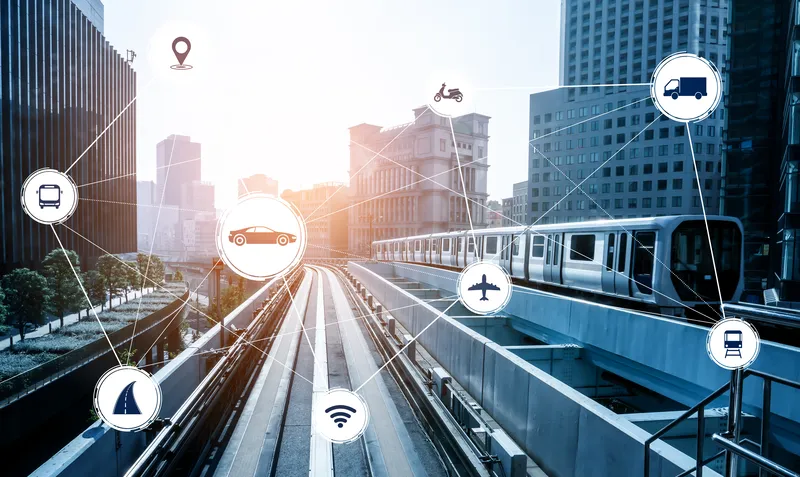
The Maryland Department of Transportation Maryland Transit Administration (MDoT MTA) is to transition to a zero-emission bus (Zeb) fleet to replace older diesel-fuelled and hybrid buses.
The incremental approach is expected to meet the requirements of Maryland’s new Zero-Emission Bus Transition Act, which mandates all new buses procured for the state’s transit fleet be emission-free beginning in 2023.
MDoT MTA administrator Holly Arnold says: “Zero emission buses are a win-win for the citizens of Maryland who get to enjoy cleaner air while knowing their transit agency is doing its part to address climate change.”
The agency has established goals in undertaking the transition to a Zeb fleet, including a commitment to convert 50% of its bus fleet to zero-emission by 2030.
The MDoT MTA calculations project that about 500 million pounds of carbon dioxide (CO2) emissions will be avoided through the use of electric buses instead of diesel buses in the years between 2025-2030.
MDoT secretary Greg Slater says: “We’re using technology and innovation to improve service, operations, connectivity and the rider experience. Zero-emission buses serve that mission, and also advance Maryland’s greenhouse gas reduction goals.”
As part of the move, the agency will continue to evaluate the developments in hydrogen fuel cell vehicles.
The MDoT MTA says this approach will enable it to purchase the newest technology as advancements occur in this field while also giving it time to develop charging stations.
The first Zeb programme is scheduled to launch in 2023, with the arrival of seven battery-electric buses.








